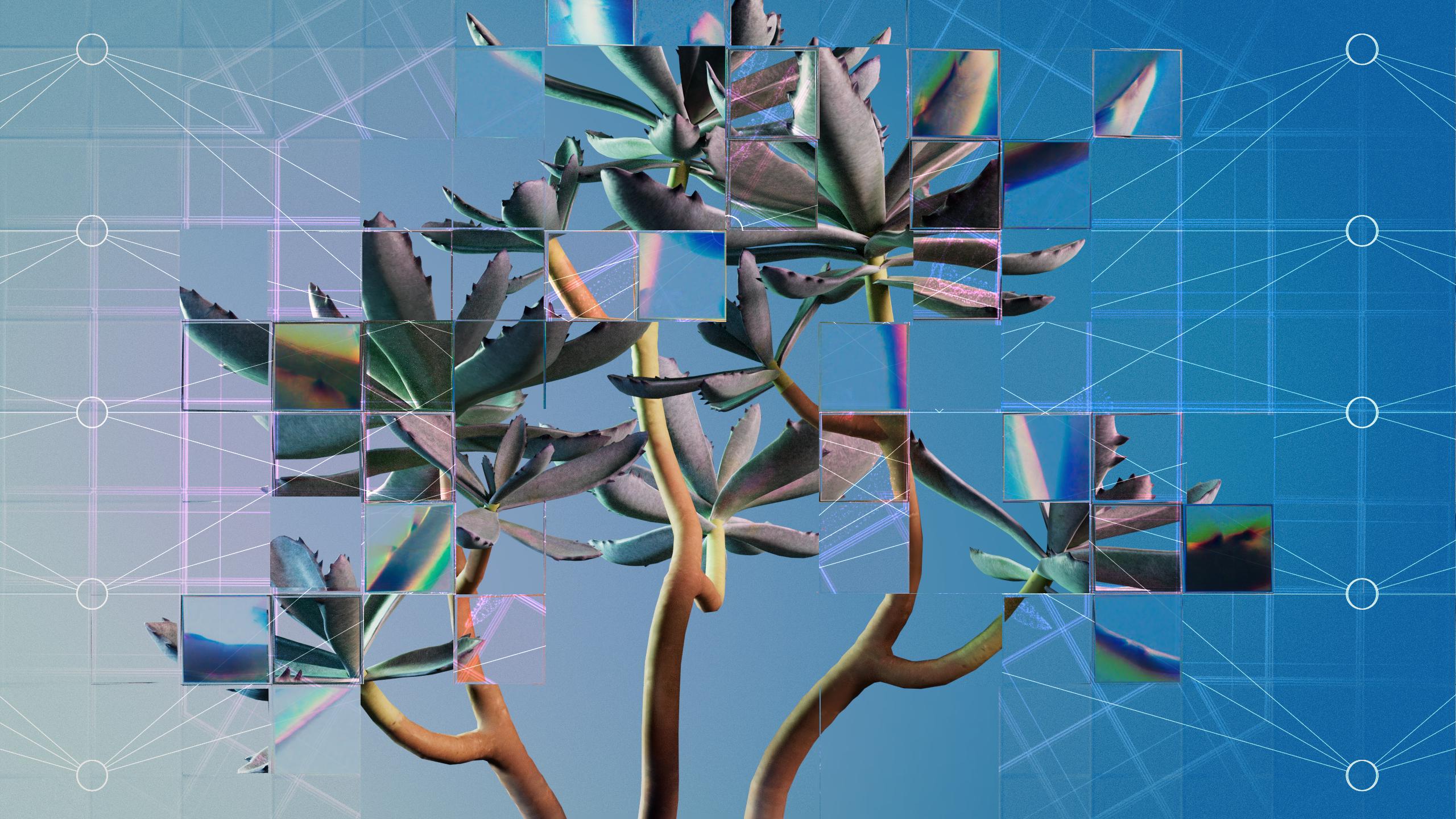Main Content

Environment | Encounter | Entanglement
For over fifty years, Humanities Core has examined how people across time and culture have interpreted their experiences and understood what it is to be human.
Through the study of literature, film, history, philosophy, popular culture, and visual art, students delve into how meaning is made and learn various forms of analysis to gain a greater understanding of social interaction and human creativity. Over the course of the year, lectures by nine prominent faculty present a variety of cultural artifacts and modes of understanding human experience. In small seminars, students engage closely with this complex material while developing visual, oral, electronic, and written communication skills that will serve them in every academic discipline and in public life.
Through the study of literature, film, history, philosophy, popular culture, and visual art, students delve into how meaning is made and learn various forms of analysis to gain a greater understanding of social interaction and human creativity. Over the course of the year, lectures by nine prominent faculty present a variety of cultural artifacts and modes of understanding human experience. In small seminars, students engage closely with this complex material while developing visual, oral, electronic, and written communication skills that will serve them in every academic discipline and in public life.
By addressing a wide range of topics and approaches to humanistic inquiry, Humanities Core meets seven General Education requirements in the categories of Lower-Division Writing, Arts and Humanities, Multicultural Studies, and International/Global issues.
In our new curricular cycle from 2025–2028 under the program direction of Professor Rebecca Davis, Humanities Core will focus on the theme of Environment | Encounter | Entanglement. This cycle begins with a provocation: As our world veers toward ecological catastrophe, who can afford to study the humanities? We answer: Who can afford not to?
In our new curricular cycle from 2025–2028 under the program direction of Professor Rebecca Davis, Humanities Core will focus on the theme of Environment | Encounter | Entanglement. This cycle begins with a provocation: As our world veers toward ecological catastrophe, who can afford to study the humanities? We answer: Who can afford not to?
Image credit and description: Alan Warburton, Nature, https://betterimagesofai.org, image by BBC. A photographic rendering of a succulent plant seen through a refractive glass grid, overlaid with a diagram of a neural network and on a blue gradient background.
